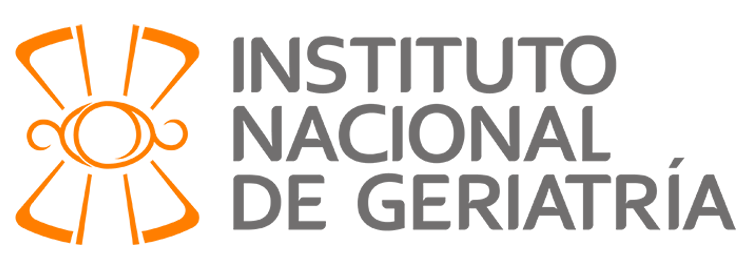


Please use this identifier to cite or link to this item:
http://repositorio.inger.gob.mx/jspui/handle/20.500.12100/17321| Title: | Frailty: An Emerging Public Health Priority |
| metadata.dc.creator: | Matteo Cesari Martin Prince Jotheeswaran Amuthavalli Thiyagarajan Islene Araujo de Carvalho Piu Chan LUIS MIGUEL FRANCISCO GUTIERREZ ROBLEDO JEAN PIERRE MICHEL KUN GONZALEZ John E. Morley Paul Ong Leocadio Rodríguez Manas Alan Sinclair Chang Won Won John Beard bruno vellas |
| Keywords: | MEDICINA Y CIENCIAS DE LA SALUD;Ciencias médicas;Ciencias clínicas;Geriatría;Personas mayores;Elderly;Envejecimiento;Aging;Condiciones relacionadas con la edad;Age-related conditions;Fragilidad;Frailty;Cuidado de la salud;Health care |
| metadata.dc.date: | 2016 |
| Publisher: | Elsevier & American Medical Directors Association |
| Description: | The absolute and relative increases in the number of older persons are evident worldwide, from the most developed countries to the lowest-income regions. Multimorbidity and need for social support increase with age. Age-related conditions and, in particular, disabilities are a significant burden for the person, his or her family, and public health care systems. To guarantee the sustainability of public health systems and improve the quality of care provided, it is becoming urgent to act to prevent and delay the disabling cascade. Current evidence shows that too large a proportion of community-dwelling older people present risk factors for major health-related events and unmet clinical needs. In this scenario, the "frailty syndrome" is a condition of special interest. Frailty is a status of extreme vulnerability to endogenous and exogenous stressors exposing the individual to a higher risk of negative health-related outcomes. Frailty may represent a transition phase between successful aging and disability, and a condition to target for restoring robustness in the individual at risk. Given its syndromic nature, targeting frailty requires a comprehensive approach. The identification of frailty as a target for implementing preventive interventions against age-related conditions is pivotal. Every effort should be made by health care authorities to maximize efforts in this field, balancing priorities, needs, and resources. Raising awareness about frailty and age-related conditions in the population is important for effective prevention, and should lead to the promotion of lifelong healthy behaviors and lifestyle. |
| URI: | http://repositorio.inger.gob.mx/jspui/handle/20.500.12100/17321 |
| Appears in Collections: | 1. Artículos |
Files in This Item:
| File | Description | Size | Format | |
|---|---|---|---|---|
| Journal of the American Medical Directors Association (1525-8610) Vol. 17 (2016).pdf | 269.12 kB | Adobe PDF | View/Open |